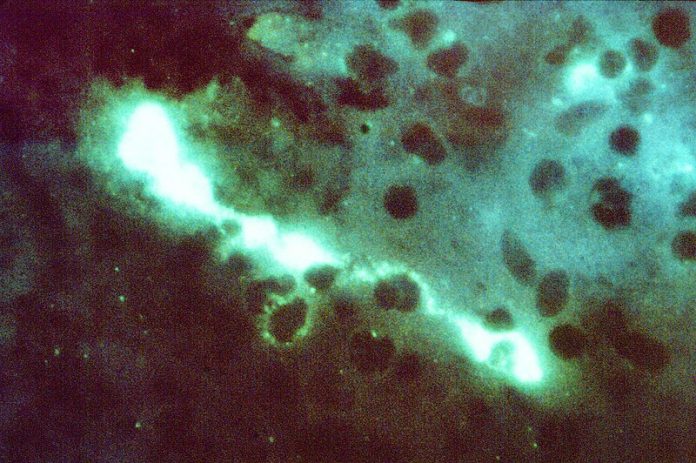In February 2024, five countries in the WHO European region (Austria, Denmark, Germany, Sweden and The Netherlands) reported an unusual increase in psittacosis cases in 2023 and at the beginning of 2024, particularly marked since November-December 2023. Five deaths were also reported. Exposure to wild and/or domestic birds was reported in most of the cases.
Psittacosis is a respiratory infection caused by Chlamydophila psittaci (C. psittaci), the bacteria that often infects birds. Human infections occur mainly through contact with secretions from infected birds and are mostly associated with those who work with pet birds, poultry workers, veterinarians, pet bird owners, and gardeners in areas where C. psittaci is epizootic in the native bird population. Disease transmission to humans occurs mainly through inhalation of airborne particles from respiratory secretions, dried faeces, or feather dust. Direct contact with birds is not required for infection to occur.
In general, psittacosis is a mild illness, with symptoms including fever and chills, headache, muscle aches and dry cough. Signs and symptoms usually develop within 5 to 14 days after exposure to the bacteria.
Prompt antibiotic treatment is effective and allows avoiding complications such as pneumonia. With appropriate antibiotic treatment, psittacosis rarely (less than 1 in 100 cases) results in death.
Human psittacosis is a notifiable disease in the affected countries in Europe. Epidemiological investigations were implemented to identify potential exposure and clusters of cases. National surveillance systems are closely monitoring the situation, including laboratory analysis of samples from wild birds submitted for avian influenza testing to verify the prevalence of C. psittaci among wild birds.
Overall, five countries in the WHO European region reported an unusual and unexpected increase in reports of cases of C. psittaci. Some of the reported cases developed pneumonia and resulted in hospitalization, and fatal cases were also reported.
Sweden has reported a general increase in psittacosis cases since 2017, which could be associated with the increased use of more sensitive polymerase chain reaction (PCR) panels. The increase in reported psittacosis cases across all countries requires additional investigation to determine whether it is a true increase in cases or an increase due to more sensitive surveillance or diagnostic techniques.
Currently, there is no indication of this disease being spread by humans nationally or internationally. Generally, people do not spread the bacteria that causes psittacosis to other people, so there is a low likelihood of further human-to-human transmission of the disease.
If correctly diagnosed, this pathogen is treatable by antibiotics.
WHO recommends the following measures for the prevention and control of psittacosis:
- increasing the awareness of clinicians to test suspected cases of C. psittaci for diagnosis using RT-PCR.
- increasing awareness among caged or domestic bird owners, especially psittacines, that the pathogen can be carried without apparent illness.
- quarantining newly acquired birds. If any bird is sick, contact the veterinarian for an examination and treatment.
- conducting surveillance of C. psittaci in wild birds, potentially including existing specimens collected for other reasons.
- encouraging people with pet birds to keep cages clean, position cages so that droppings cannot spread among them and avoid over-crowded cages.
- promoting good hygiene, including frequent hand washing, when handling birds, their faeces, and their environments.
- standard infection-control practices and droplet transmission precautions should be implemented for hospitalized patients.
***
Reference:
World Health Organization (5 March 2024). Disease Outbreak News; Psittacosis – European region. Available at: https://www.who.int/emergencies/disease-outbreak-news/item/2024-DON509
***




































